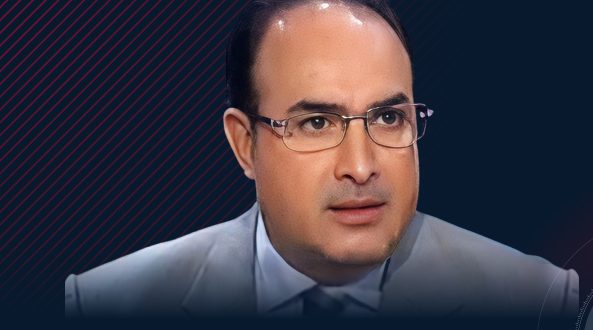Political analyst Kamel Al-Marash said that the comments and hopes of House of Representatives member Adnan Al-Shaab regarding progress on the sovereign positions file are “positive” and that he “supports and praises it.” He clarified that the file presented by the UN envoy “was not a primary one” and was perhaps intended to “create further division between the House of Representatives and the High Council of State” over one of the least important issues for the Libyan political scene, in a statement to the “Libya Al-Hadath” channel, monitored by Al-Marsad newspaper.
Al-Marash added that if positive development and consensus on sovereign positions occur, the “most important part” is implementing what is agreed upon on the ground.
He pointed out that most sovereign positions are “located in Tripoli and are governed by a de facto authority,” asking: “Who guarantees that newly appointed individuals will have their positions handed over to them smoothly?”
He noted that the terms of the consensus are clear and may be achieved, recalling the experience of the Central Bank when a new governor was appointed “but was rejected,” and the previous governor remained for an additional four years despite the House of Representatives withdrawing its confidence in him, stressing that “this scenario could be repeated.”
He explained that the UN envoy—in his estimation—is well aware of this, stating that the three files she presented “are not priorities.” Had she been serious, she should have “raised the issue of changing the government,” because “changing the government and addressing the security file, which is the most dangerous to all other files, is the key” to breaking the stalemate.
He added that “the issue of militia control over the government has become a reality,” and that the government itself “has become part of this militia-based conflict over the institutions of power and finance in Tripoli.”
He noted that the country was closer to consensus and finalizing the constitutional basis and election laws with Khalid al-Mishri, but “the Mission at that time obstructed—among other obstructers—this consensus,” and then “a plot was hatched against al-Mishri, and he was removed from the scene.”
He said the Mission “got involved” in the electoral process within the High Council of State by imposing a “de facto dominance,” and continued to meet with Mohamed Takala “despite the matter not being resolved democratically.” He considered that the Mission “took the government’s side” in supporting a person “who came to obstruct everything” and to “translate what the Dbeibeh government wants,” not what “a legislative institution that is supposed to consider the country’s higher interest” wants.
